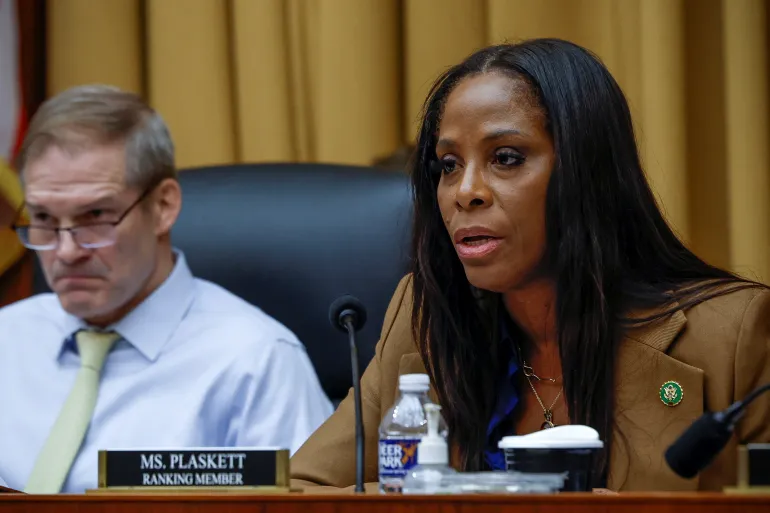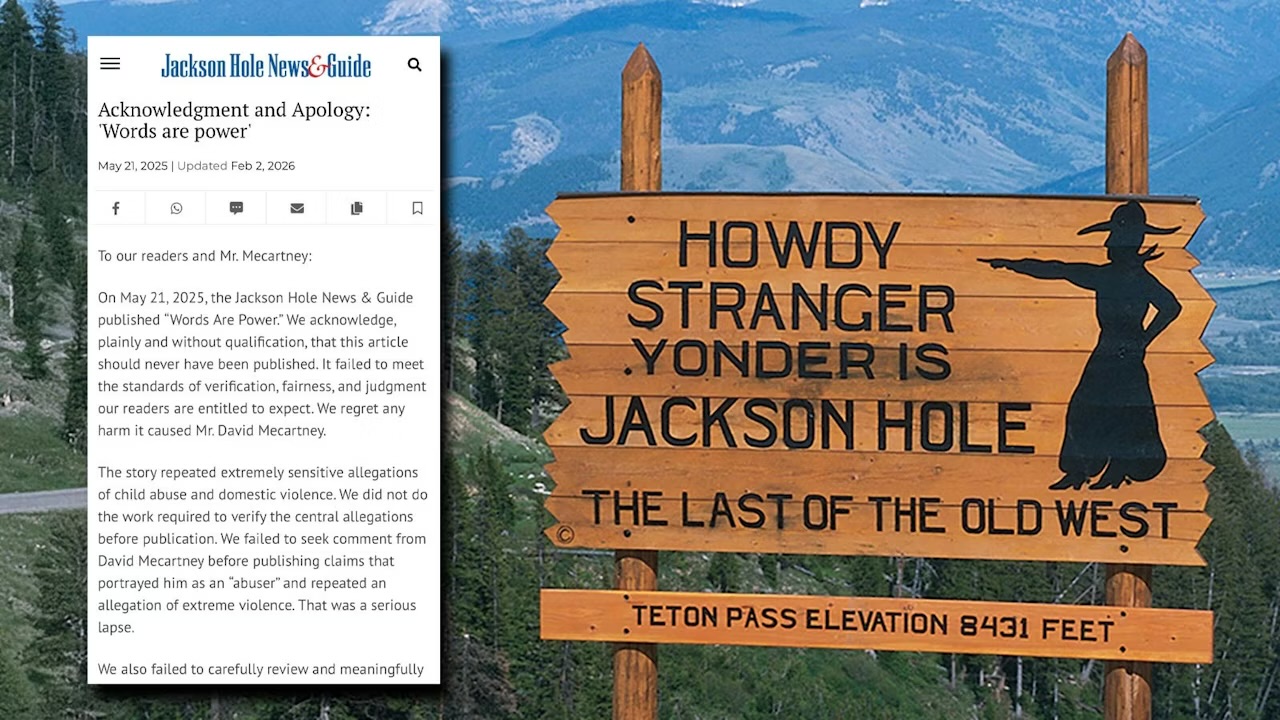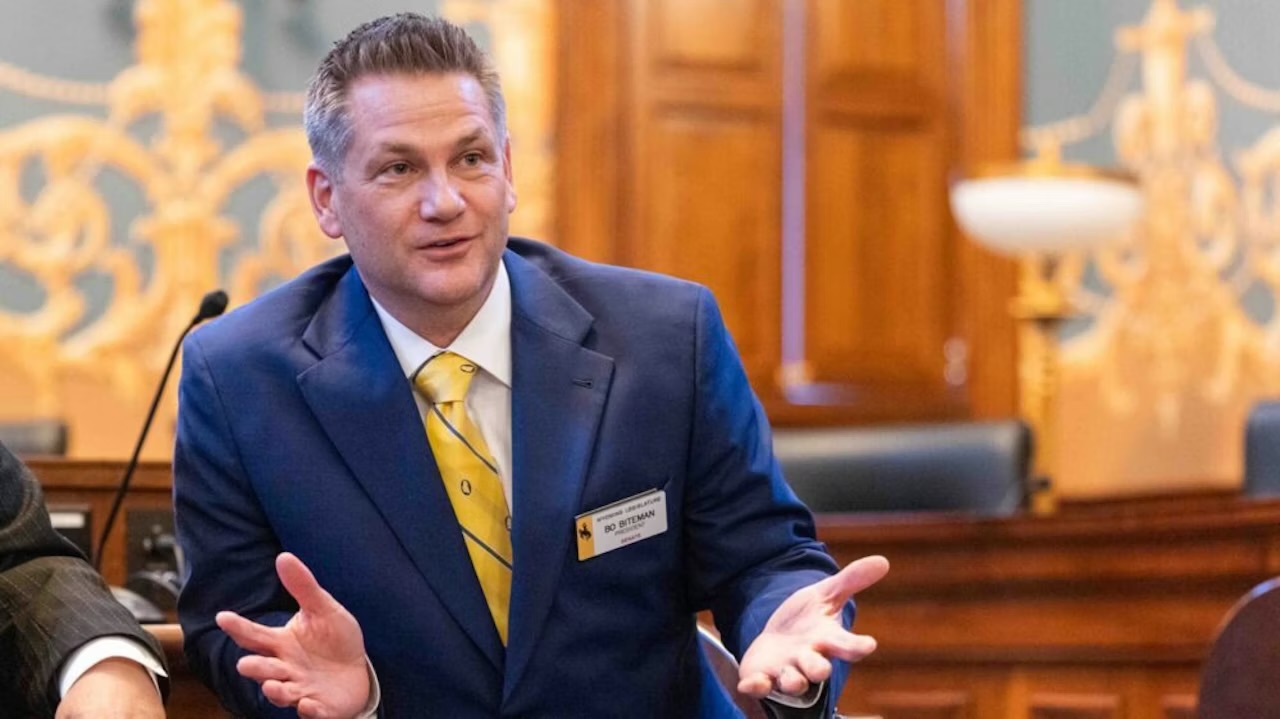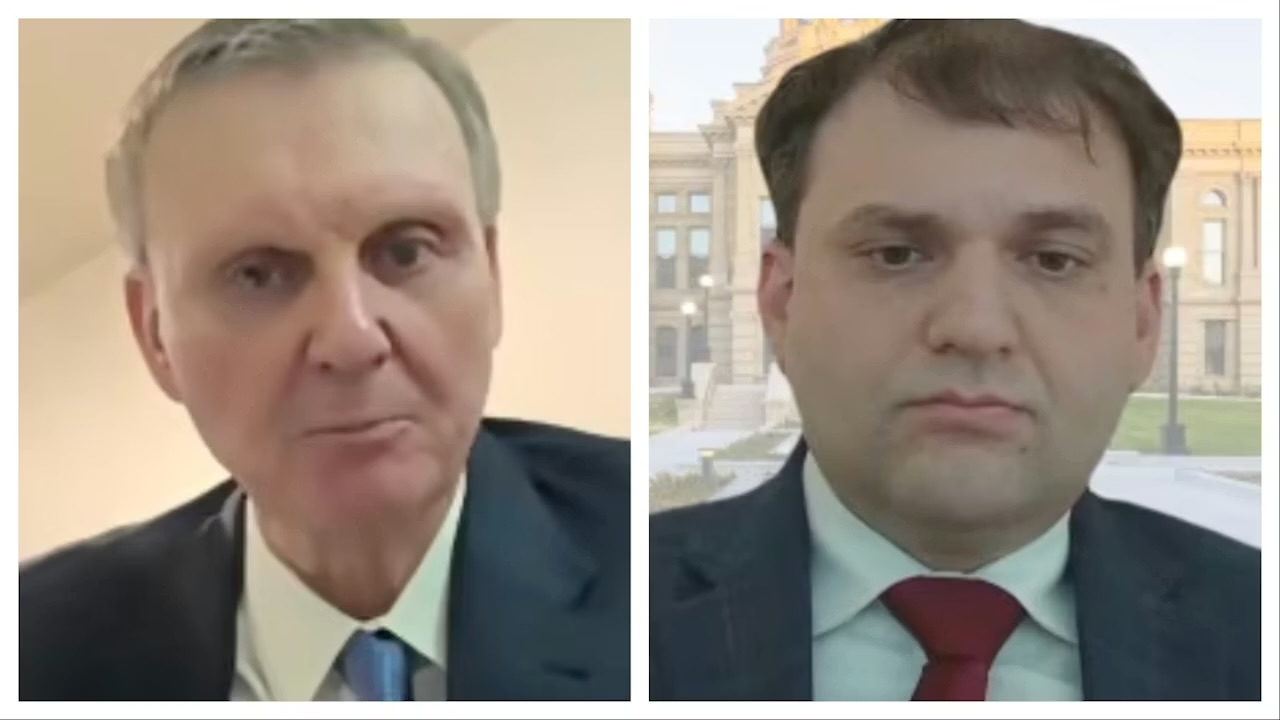Scott Galloway, a prominent professor at New York University and author, has raised concerns about a growing international challenge that he believes could have long-term consequences for the US economy — and for the retirement savings of American workers, the Street reports.
His warning focuses on the erosion of America’s research and innovation pipeline, a shift he sees as undermining national prosperity and potentially impacting 401(k) plans and IRAs.
For decades, a close collaboration between the US government, academic institutions, and private industry has driven innovation and economic leadership. This partnership led to major technological advancements such as the internet, GPS, mRNA vaccines, and voice-activated digital assistants like Apple’s Siri. Galloway argues that this model is under threat due to declining federal investment in scientific research and education.
He warns that current policy decisions risk weakening the US’s intellectual and technological dominance.
“Instead of reinforcing this engine of growth, the administration is dismantling it,” Galloway writes, pointing to cuts in research funding and what he views as a weakening of institutional support for scientific advancement.
According to Galloway, other countries — particularly China — are seizing the opportunity to attract American talent. Drawing a historical parallel, he notes that just as German scientists moved to the US during World War II, talent may now begin migrating out of the country in search of greater support and resources.
“Soon, China won’t need to engage in theft of US intellectual property,” Galloway warns. “It will become the primary source.”
Intellectual property theft has long been a point of tension between the US and China. US companies, including Micron Technology and Tesla, have accused Chinese entities of stealing critical technologies. While legal and diplomatic measures continue, Galloway argues that China’s long-term strategy includes recruiting US-based scientists and faculty directly — a trend that could shift the global balance of innovation.
Massachusetts Governor Maura Healey has echoed these concerns, noting efforts by foreign governments to recruit talent from American universities.
“That makes America less safe, less competitive, and has tremendous ripple effects for our economy,” she said.
The implications, Galloway suggests, go beyond geopolitical rivalry. As US innovation slows, the performance of American companies — many of which dominate global markets — could suffer. For millions of Americans who depend on market returns to build their retirement savings through 401(k)s and IRAs, any long-term economic downturn could affect financial security.
Still, despite global uncertainties, financial experts continue to emphasize the importance of retirement planning. Participation in employer-sponsored 401(k) plans remains a practical and efficient way to save for the future, especially with employer matching and automated payroll deductions. Contribution limits are increasing: in 2025, workers can invest up to $23,500 in their 401(k), while older workers (ages 60 to 63) can contribute as much as $11,250 in catch-up funds.
IRAs, while more hands-on, also offer value through wider investment options. For 2025, the IRA contribution limit stays at $7,000, with a $1,000 catch-up allowance for individuals over 50.










The latest news in your social feeds
Subscribe to our social media platforms to stay tuned